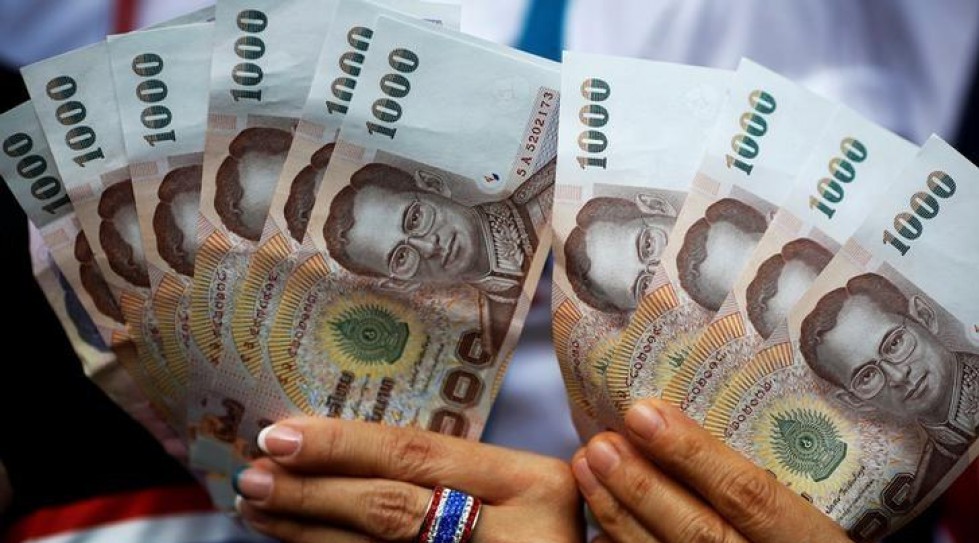Global flows of foreign direct investment (FDI) will be under severe pressure this year as a result of the COVID-19 pandemic.
These vital resources are expected to fall sharply from 2019 levels of $1.5 trillion, dropping well below the trough reached during the global financial crisis and undoing the already lackluster growth in international investment over the past decade.
Foreign direct investment (FDI) to developing economies in Asia, hit hard by the economic downturn caused by the coronavirus pandemic, is projected to decline by up to 45% in 2020, according UNCTAD’s World Investment Report 2020.
Investment from South-East Asia declined from $63 billion in 2018 to $56 billion, primarily
because of a drop in investment from Indonesia and Thailand.
Flows to developing countries will be hit especially hard, as export-oriented and commodity-linked investments are among the most seriously affected.
The South-East Asia region is experiencing a significant economic slowdown, including a major disruption of production and supply chains in many industries.
Lockdown measures have led to factory stoppages. Major automotive manufacturers in Thailand such as Mazda, Mitsubishi and Nissan (all Japan) have temporarily halted production.
Ford (United States) has temporarily suspended production in Thailand and Viet Nam, while Toyota (Japan) has done the same at plants in Indonesia and Thailand.
Bleak prospects for 2020
The number of announced greenfield investments in the first quarter of 2020 dropped by 37%. The number of mergers and acquisitions (M&As) fell by 35% in April 2020.
“Lockdown measures and factory stoppages impacted supply chain and factories’ production in the region. Falling corporate earnings, a slump in global and regional demand and economic slowdown have led multinational enterprises (MNEs) to postpone investment plans.”
UNCTAD’s director of investment and enterprise, James Zhan.
The pandemic will precipitate a fall in reinvested earnings of foreign affiliates based in the region, affecting investment. It underscored the vulnerability of these supply chains and the significance of the role of China and other Asian economies as global production hubs.
Outward FDI is also expected to fall as a result of liquidity challenges faced by companies from the region.
A global economic recession will further weigh on inflows to and outflows from the region. Economic growth in Asia is expected to stall to 0%.
South-East Asia
Following high inflows in 2019, South-East Asia has not been spared the impact of the pandemic.
South-East Asia, with FDI rising by 5% to a record level of $156 billion, continued to be the region’s growth engine in 2019. The growth was driven by strong investment mainly in Singapore, Indonesia and Viet Nam. The three countries received more than 80% of inflows in South-East Asia in 2019.
Robust investment from Asian economies, United States and within the Association of Southeast Asian Nations (ASEAN) pushed up inflows. Manufacturing and services continued to underpin inflows to South-East Asia.
FDI flows to some ASEAN member States (e.g., Myanmar, the Lao People’s Democratic Republic and Thailand) fell. Investment to Malaysia was flat.
About the author
Thailand Business News covers the latest economic, market, investment, real-estate and financial news from Thailand and Asean. It also features topics such as tourism, stocks, banking, aviation, property, and more.







